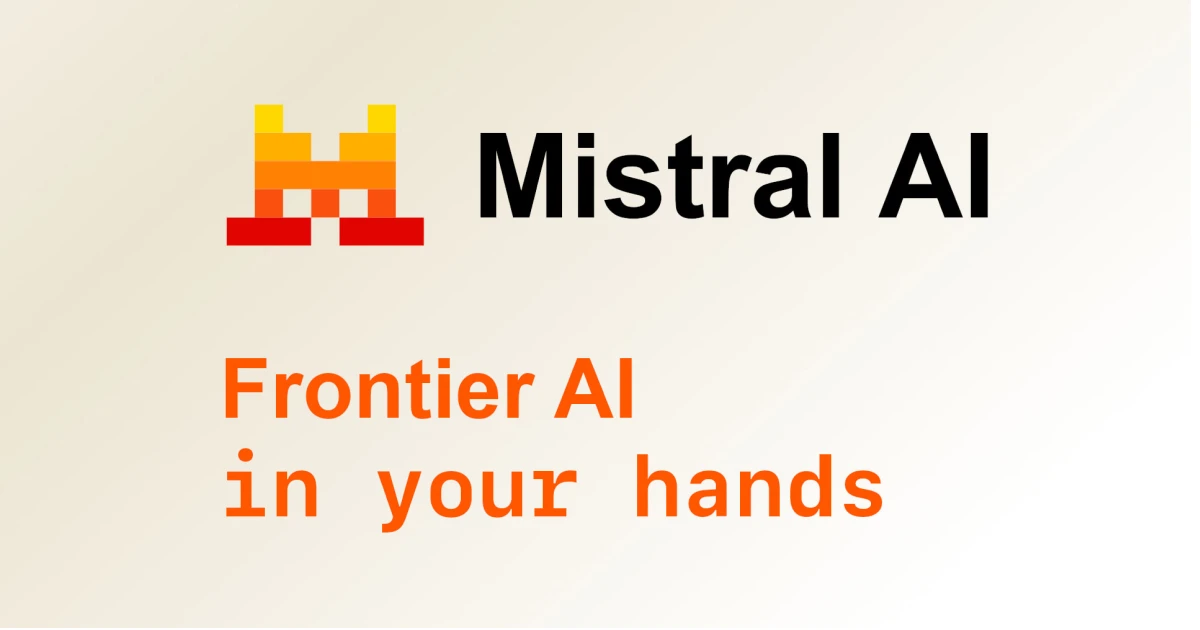These are reasons why employing artificial intelligence in the workplace might be beneficial. And it can happen to the detriment of human beings.
So yes - Artificial intelligence might raise concerns about job security and its impact on employees. But while we can deny the reality and hope that AI technology such as a voice assistant, and virtual assistants will not be used to automate some of our jobs, educating oneself about AI seems to be the better option. It will be helpful for everyone to understand the opportunities of such advanced technologies and how we can work alongside them. Instead of adopting a negative mindset, now would be the time to adapt and prove that you are irreplaceable.
After all, with the jobs industry getting impacted by the growing use of artificial intelligence, the factor that we have to take into consideration is whether we can trust AI. And here comes the “Matrix” syndrome at play, with popular Sci-Fi movies that tell us how robots will take over humanity. We are not making fun of such beliefs - we get it. But guys, one thing should be pointed out. These technologies are developed by humans, and they work for humans. And since we don’t yet understand our own brain’s system of consciousness and motivation, how could we replicate something like that in our machines? However many believe that what we are seeing right now is the starting point of humans working towards a future level of civilization.
But we have a long way to go, as bias and errors are no strangers to artificial intelligence. Even the most experienced AI can get glitchy and deliver poor results. We should not forget that robots are trained by humans, and humans are open to mistakes.
Instead of getting stuck on the idea that AI will take over our jobs, we should think about how to use AI technology to our advantage. Employers should invest in re-training and re-skilling programs that can help their employees learn new abilities. This way, both the employees and companies will benefit from the switch in business practices. For employees, getting integrated into the ever-changing work environment will alleviate the stress and anxiety caused by all of this.
For the companies, benefiting from human input and not going “full-on machine” might be a milder and more successful approach in the long term. And as governments become more aware of the impact of AI, they should support businesses in developing these programs.
Income support should also be taken into consideration. With the possible increase in job displacements, it is crucial to help people that will be affected. Governments can also establish social safety nets, providing more benefits in the areas of public health, retirement, unemployment, or education.
These solutions will work on a case-by-case basis, and we will need to constantly find ways to help humans better navigate the technological developments in the artificial intelligence sphere and the disruptions that will take place.
So, while Artificial intelligence will impact humanity, we are confident that humans will be able to adapt to its effects. By staying educated, learning about the changes that artificial intelligence will bring to the table, and finding ways to improve our efficiency and productivity by working alongside AI we will find ourselves irreplaceable.
















